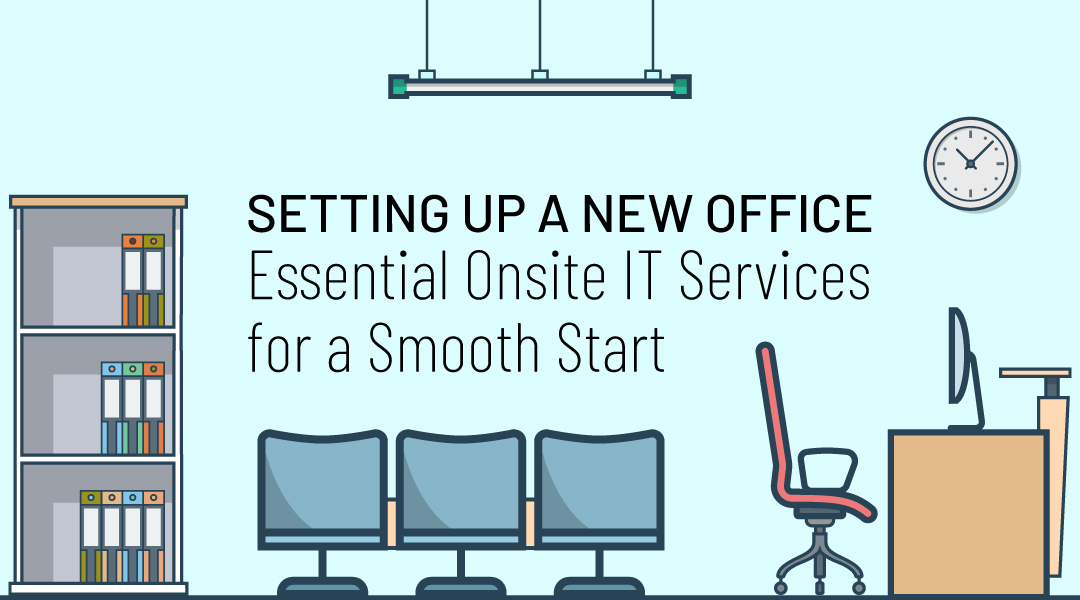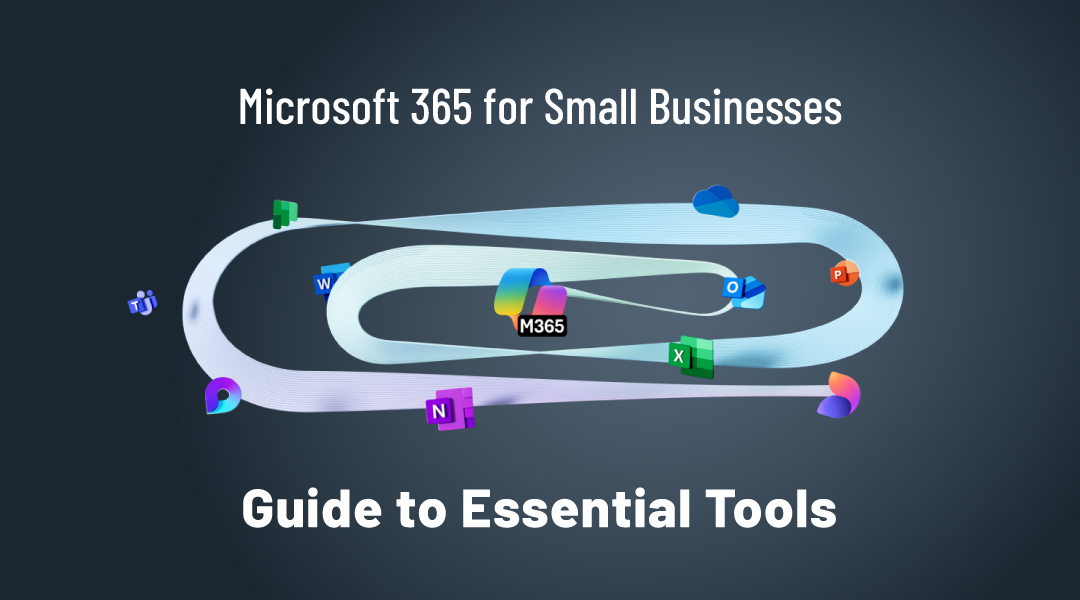Cloud computing is a term used to describe the use of hardware and software delivered via network (usually the Internet). The term comes from the use of cloud shaped symbol that represents abstraction of rather complex infrastructure that enables the work of software, hardware, computation and remote services. Cloud computing is computing based on the internet. Throughout the years, people would run applications or programs from software downloaded on a physical computer or server in their building, allows people access to the same kinds of applications through the internet which gives cloud computing benefits and advantages.
Cloud computing is based on the premise that the main computing takes place on a machine, often remote, that is not the one currently being used. Data collected during this process is stored and processed by remote servers. This means the device accessing the cloud doesn’t need to work as hard. By hosting software, platforms, and databases remotely, the cloud servers free up the memory and computing power of individual computers. Users can securely access cloud services using credentials received from the cloud computing provider and get one of the benefits and advantages of cloud computing.
Efficiency and/or Cost Reduction
By using cloud infrastructure, you don’t have to spend huge amounts of money on purchasing and maintaing equipment. This drastically reduces costs. You don’t have to invest in hardware, facilities, utilities, or building out a large data center to grow your business. You do not even need large IT teams to handle your cloud data center operations, as you can enjoy the expertise of your cloud provider’s or ICT partner staff.
Cloud also reduces costs related to downtime. Since downtime is rare in cloud systems, this means you don’t have to spend time and money on fixing potential issues related to downtime.
Data security
One of the major concerns of every business, regardless of size and industry, is the security of its data. Data breaches and other cybercrimes can devastate a company’s revenue, customer loyalty and brand positioning.
Cloud storage providers implement baseline protections for their platforms and the data they process, such authentication, access control, and encryption. From there, most enterprises supplement these protections with added security measures of their own to boost cloud data protection and tighten access to sensitive information in the cloud.
Scalability
Different companies have different IT needs – a large enterprise of 500+ employees won’t have the same IT requirements as a start-up. Using cloud is a great solution because it enables enterprise to efficiently scale up/down their IT departments, according to business demands.
Cloud based solutions are ideal for businesses with growing or fluctuating bandwidth demands. If your business demands increase, you can easily increase your cloud capacity without having to invest in physical infrastructure. This level of agility can give businesses using cloud computing a real advantage over competitors.
This scalability minimizes the risks associated with in-house operational issues and maintenance. You have high-performance resources at your disposal with professional solutions and zero up-front investment. Scalability is probably the greatest advantage of the cloud.
Mobility
Cloud computing allows mobile access to corporate data via smartphones and devices. Staff with busy schedules, or who live a long way away from the corporate office, can use this feature to keep instantly up-to-date with clients and coworkers.
Resources in the cloud can be easily stored, retrieved, recovered, or processed with just a couple of clicks. Users can get access to their works on-the-go, 24/7, via any devices of their choice, in any corner of the world as long as you stay connected to the internet. On top of that, all the upgrades and updates are done automatically, off-sight by the service providers. This saves time and team effort in maintaining the systems, tremendously reducing the IT team workloads.
Disaster recovery
Data loss is a major concern for all organizations, along with data security. Storing your data in the cloud guarantees that data is always available, even if your equipment is damaged. Cloud-based services provide quick data recovery for all kinds of emergency scenarios – from natural disasters to power outages.
Cloud infrastructure can also help you with loss prevention. Despite your best efforts, computers can malfunction from various reasons – from malware and viruses, to age-related hardware deterioration, to simple user error.
But, if you upload your data to the cloud, it remains accessible for any computer with an internet connection, even if something happens to your work computer.
Control
Having control over sensitive data is vital to any company. You never know what can happen if a document gets into the wrong hands, even if it’s just the hands of an untrained employee.
Cloud enables you complete visibility and control over your data. You can easily decide which users have what level of access to what data. This gives you control, but it also streamlines work . It will also increase and ease collaboration.
Creating a good data infrastructure is as important as establishing a robust physical storage system. Just as physical storage solutions have evolved to include various forms like the horizontal carousel storage system, advancements have also been made in cloud storage technologies. Both these approaches offer distinct advantages that can benefit businesses in different ways.
The evolution of physical storage systems, exemplified by the horizontal carousel storage system, has revolutionized the way tangible assets are managed. These systems optimize space utilization and retrieval times, allowing organizations to efficiently store and retrieve physical items. The carousel design enables quick access to stored assets, enhancing inventory management and overall organizational efficiency.
Similarly, cloud storage has emerged as a dynamic solution for data infrastructure. The evolution of cloud computing technologies has provided businesses with scalable and flexible resources to meet their growing or fluctuating bandwidth demands. With cloud storage, businesses can easily expand their capacity without significant investments in physical infrastructure. This scalability not only minimizes risks associated with in-house operational issues and maintenance but also empowers businesses with high-performance resources and professional solutions right at their disposal.
Competitive edge and how to migrate to the Cloud?
Not every company will migrate to the cloud, at least not yet. However, organizations which adopt cloud find that many benefits that cloud offers positively impacts their business. Cloud adoption increases every year, since companies realize that there are various benefits and advantages of Cloud Computing. Therefore, ITAF created a custom cloud solution ready to respond to any necessities. Let our cloud specialists help you choose the right solution between private or public cloud for your business.
Contact ITAF for more information.
Find out how ITAF Cloud services scales up your business infrastructure














